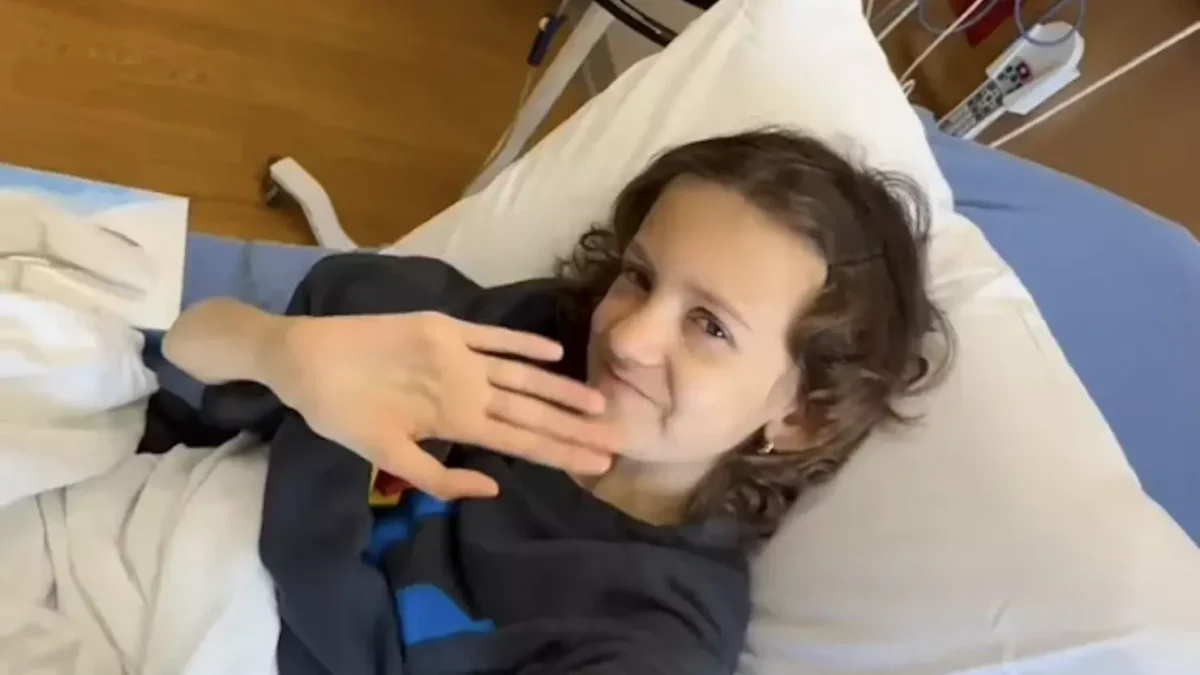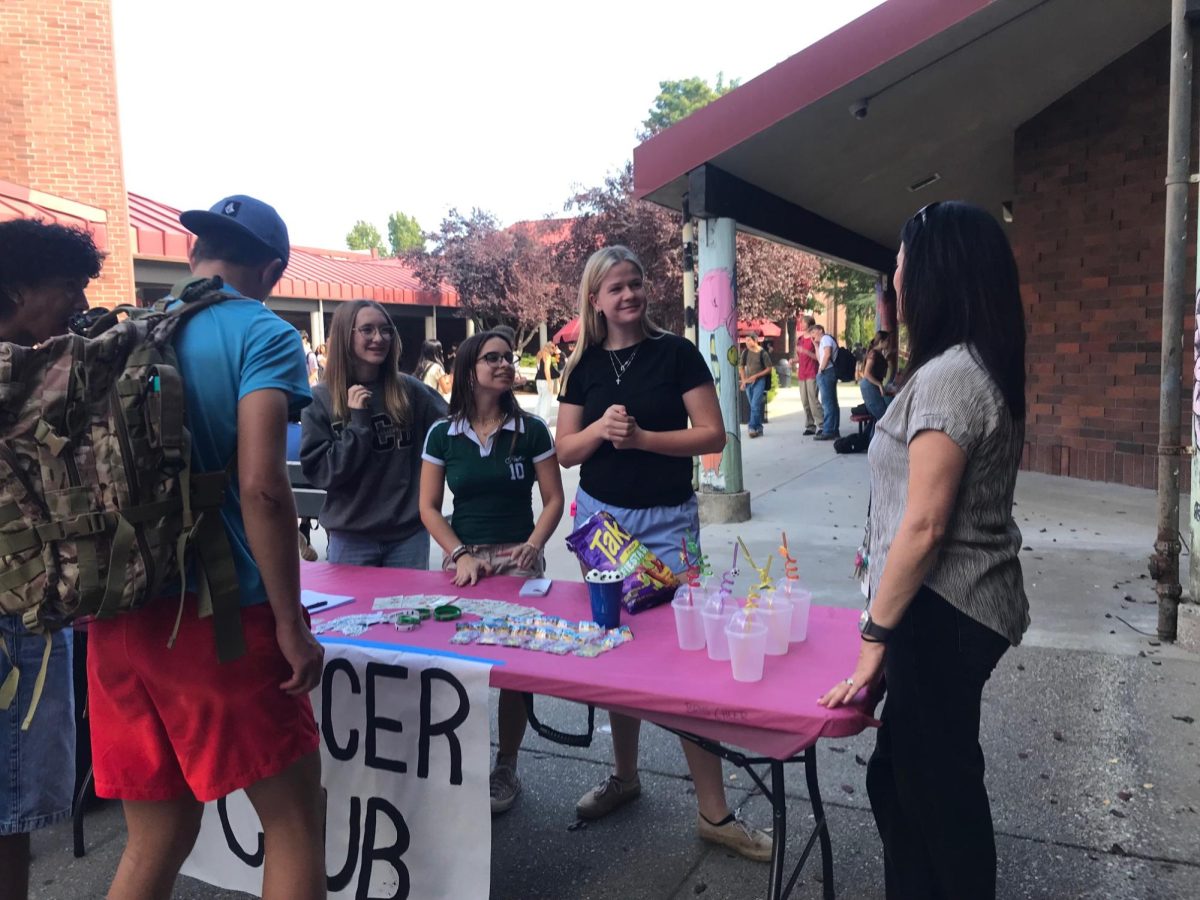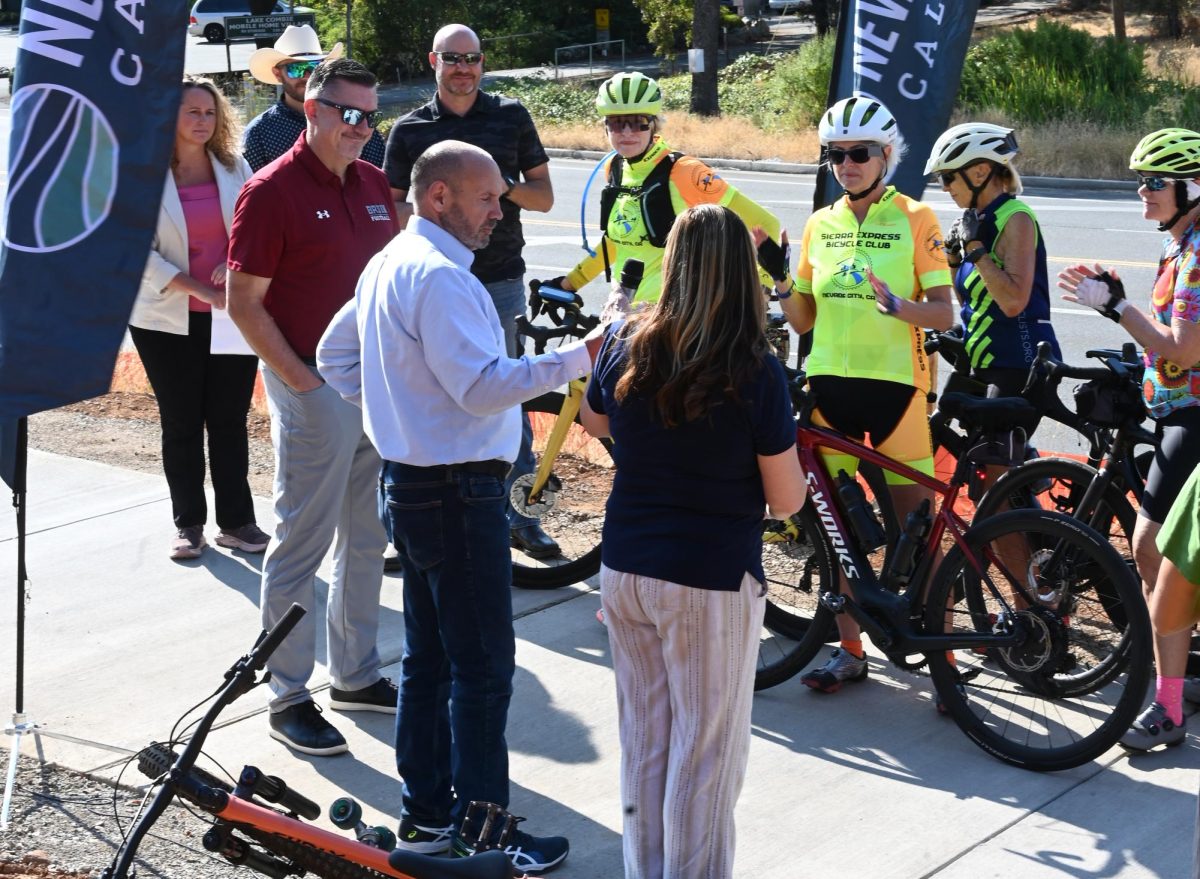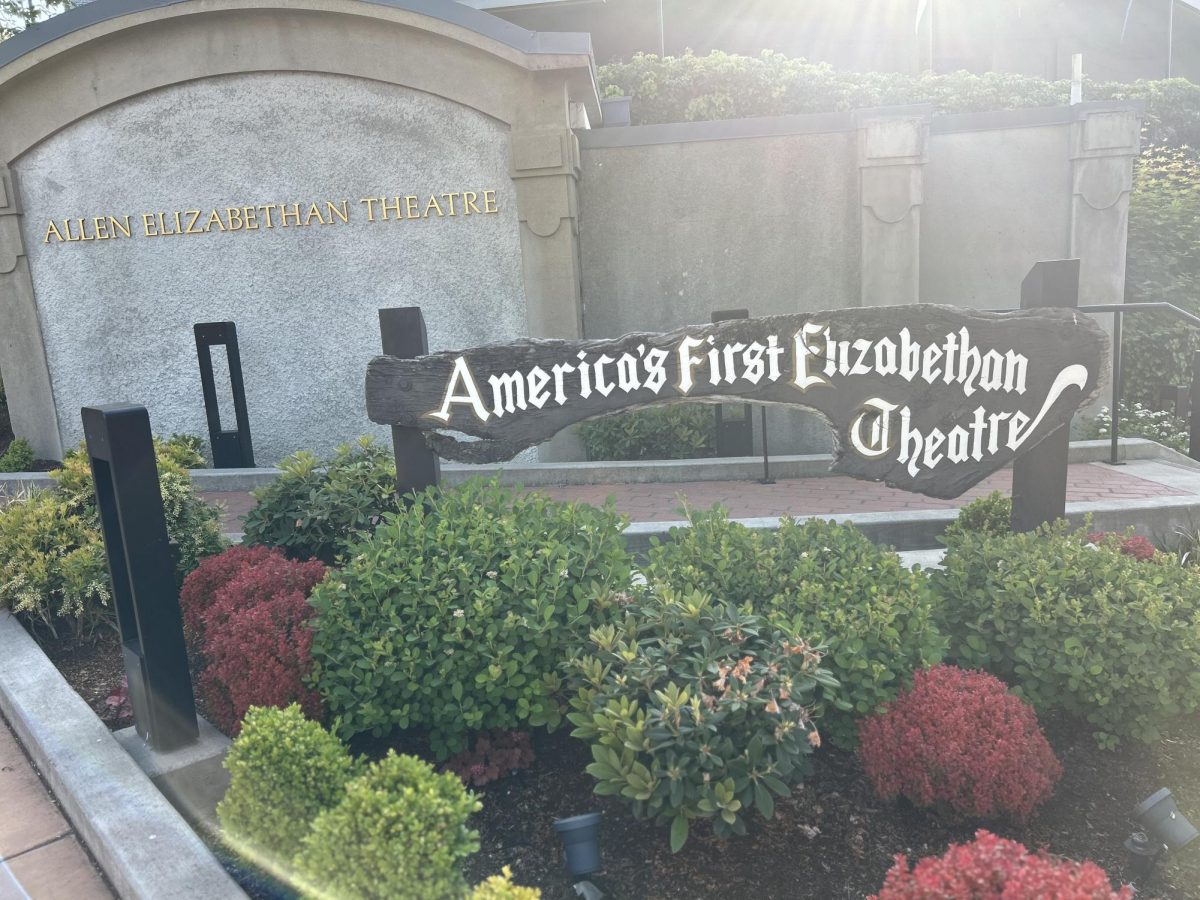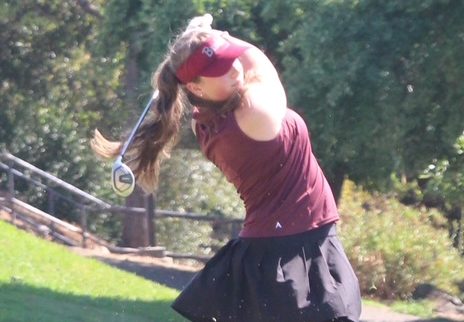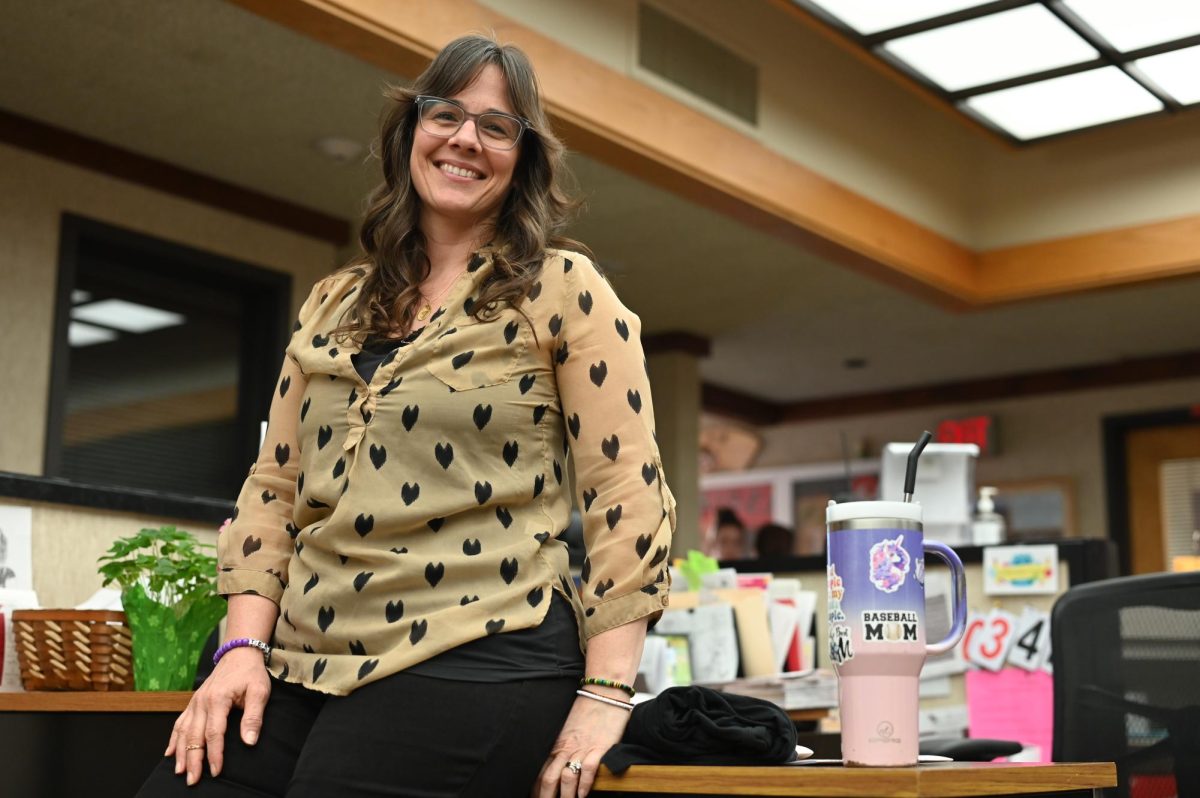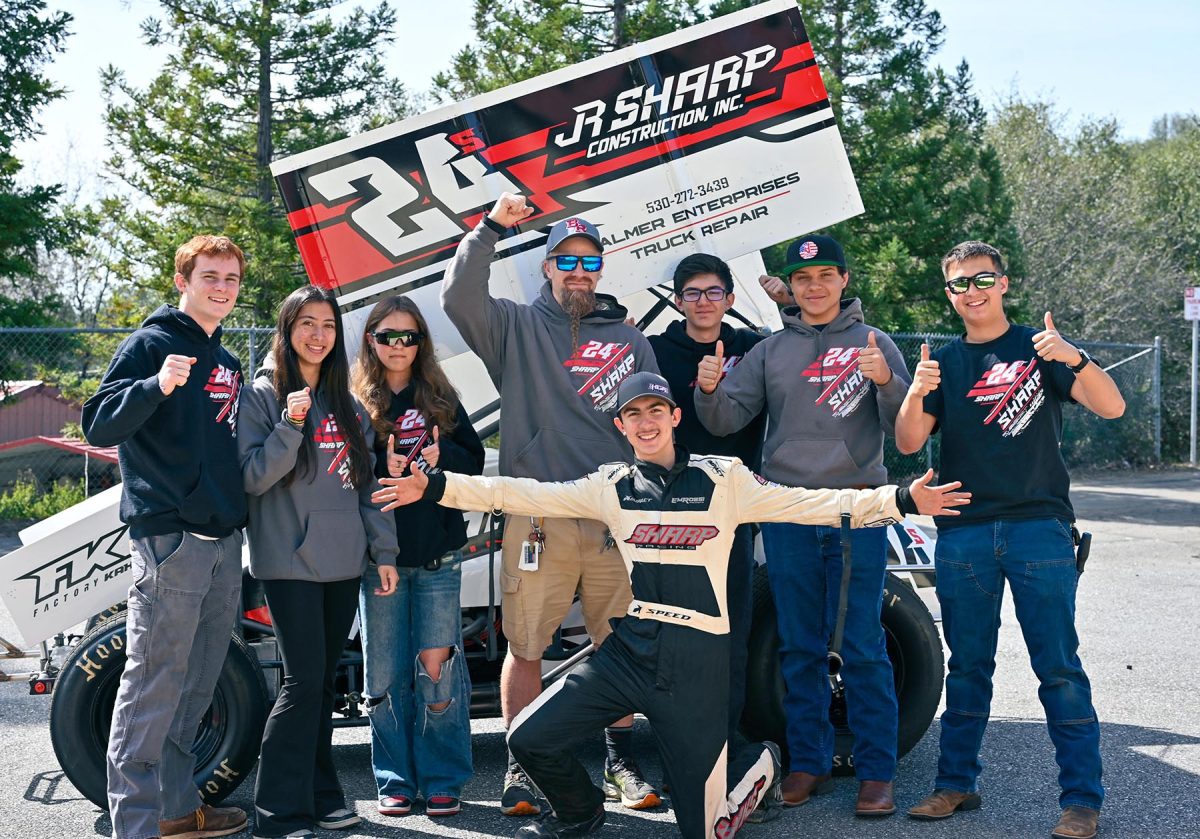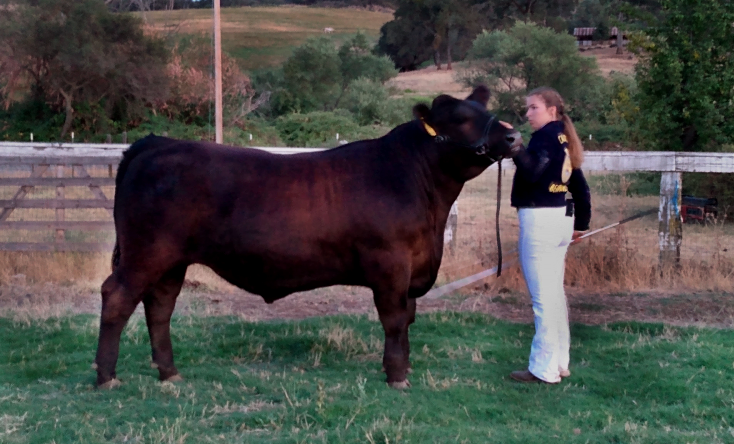The second week of August, in a typical year is known as “Fair Week” to Bear River FFA members. However in light of the Covid-19 crisis and the cancellation of the Nevada County Fair, livestock and agricultural (ag) mechanics projects were judged and sold through an online auction platform which produced mixed reactions.
The platform “Showorks” allowed potential buyers to bid, view pictures or videos and read a small description of the projects. Viewers could scroll through the different exhibitors, or search for specific 4-H clubs, FFA chapters, name, or type of project, whereas in a normal year, buyers would observe a live in person auction, having the opportunity to walk through the animals and projects prior to sale day as well as interact with exhibitors.
One of the biggest differences of the online auction, according to Agricultural Mechanics Teacher and Bear River FFA Advisor Andrew Barhydt, was that, ”The projects were judged via pictures or videos that the students sent in.”
With the news of an online auction, some students decided to opt out of the online auction and “private treaty” or find their own buyers.
“The online auction didn’t stop me from doing a project this year. I still went big and got creative,” said Senior Kylie Scaglione who exhibited and sold an ag mechanics project.
Another Senior, Lizzie Glomson who shows market lambs mentioned she was, “…a little worried about how the online would work out at first, but it was really successful.”
Other students chose to only auction their animals and not enter the online show that would only announce champions.
Senior Alyssa Downes who shows FFA market hogs commented, “Since there weren’t many people competing, I was able to take home FFA market champion, but from it being online it took all the fun out of the competition.”
Despite a decrease in exhibitor participation, students had mixed reactions as to their own personal success and thoughts on buyer involvement.
Mr. Barhydt explained:
“The live auction is typically a very social event and it seems to be a, you know, fun thing for people to attend, whereas the online auction was more of something you can do at home.”
Scaglione was able to see the bright side in the online format of Fair Week.
“[The buyers] still participated and bought projects,” she said. “It also opened it up to the opportunity of more people to participate and buy.”
Downes, however, pointed out one of the cons of the situation.
“The prices drastically decreased from previous years,” she said. “From the devastation that happened, people weren’t able to pay for a full animal.”
One area that participants observed a change in was the increase in “bump-ups” or add-ons, which are a way for people to financially support the projects without buying the animal or projects.
“I also feel that our bump ups may have been slightly better on the online auction just because of the ease of doing that,” said Mr. Barhydt. “I don’t know 100 percent that people got more money with bump ups on the online auction where last year we were a live deal but, it was easier for people to go through and bump people up. It definitely worked out better than I expected it to.”
Both students and Mr. Barhydt agree on the overall community involvement being a very positive aspect.
“This year I think the community put in a lot of effort to support every student whether it was in ag mechanics project or an animal,” said Scaglione. “…I know that all the teachers, booster clubs, and fair ground staff worked really hard to still give all of us students the opportunity to make it as much as a normal year could be.”


